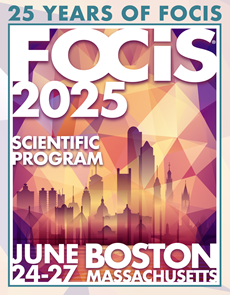Basic Science of Immunology - Adaptive Immunity
Session: Immune Mechanisms
AID Governs Plasma Cell Fate Decision by Demethylation of the Irf4 Locus in Germinal Center B Cells
Thursday, June 26, 2025
4:25pm - 4:40pm East Coast USA Time
Location: Salons H-K
Minghui He – Dept of Microbiology Tumor and Cell biology – Karolinska Institutet
- LW
Lisa Westerberg, PhD
Professor
Karolinska Institute
Stockholm, Stockholms Lan, Sweden
Presenting Author(s)
Abstract Text: Activation-induced cytidine deaminase (AID) is essential for B cell affinity maturation. We investigated why AID deficiency in human and murine models gives rise to giant germinal centers using the AID-R112H mouse model that is devoid of AID activity. The increased germinal center response was associated with accumulation of GC B cells predominantly in the light zone in immunized AID-R112H mice. AID-R112H GC B cells had reduced capacity to up-regulate IRF4 to initiate plasma cell differentiation, leading to accumulation of a transitional germinal center population with reduced GL7 expression. Genetic introduction of a high affinity B cell receptor (BCR) was unable to restore plasma cell differentiation of AID-R112H B cells while ectopic expression of catalytic active AID in AID-R112H B cells rescued plasma cell generation. AID-R112H disrupted the interaction with the Ten-eleven Translocation 2 (TET2), leading to impaired recruitment of AID to the Irf4 promoter/enhancer. Consequently, DNA demethylation at the Irf4 promoter/enhancer was hindered, thereby impeding the Irf4 expression in GC B cells for commitment to the plasma cell lineage. This data reveals a B cell-intrinsic mechanism that governs the plasma cell fate decision through epigenetic remodelling mediated by AID.

